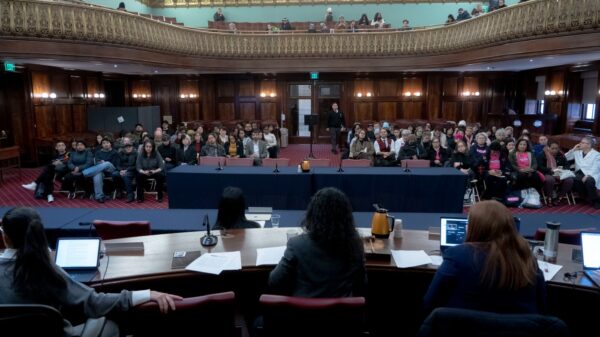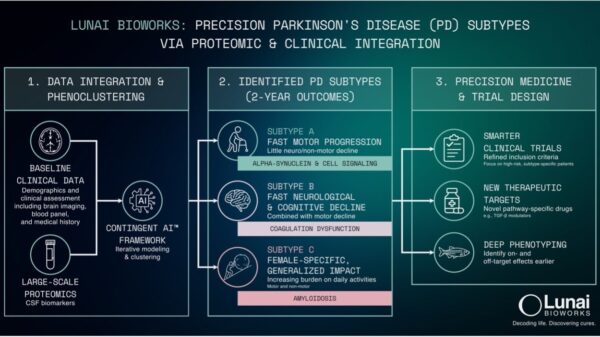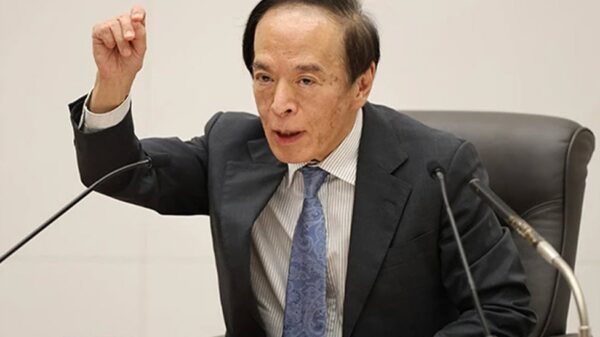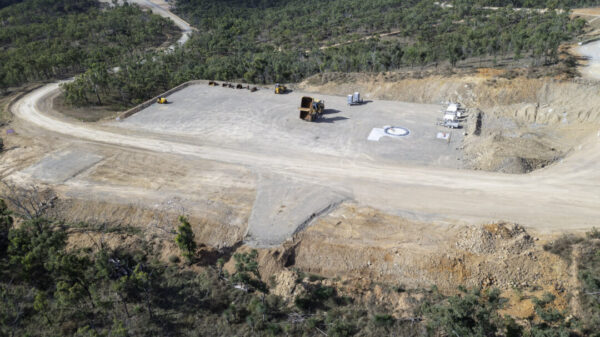Officials in North Dakota are facing mounting pressure to disclose the details of billions of dollars held in the state’s Legacy Fund. Critics argue that the public has a right to know how taxpayer money is being invested, particularly as the fund reportedly contains investments worth approximately $3.2 billion in commingled funds.
The North Dakota Legacy Fund, established by a constitutional amendment in 2010, is funded by 30% of the taxes collected on oil and gas production in the state. This fund is intended to provide a long-term revenue source as North Dakota continues to extract its finite natural resources. Nonetheless, officials have maintained that revealing specific investment details would compromise the confidentiality of private money managers’ strategies.
Calls for transparency have led to the pending opinion from Attorney General Drew Wrigley regarding the extent of information that should be publicly available. Additionally, a new law aims to create a website that will provide more comprehensive details about the state’s $13 billion strategic investment fund.
Bismarck attorney Tory Jackson, who filed an open records request in January 2024, has been at the forefront of this push for transparency. He contends that how tax dollars are spent should be accessible to the public. In response to his request, the North Dakota State Investment Board provided a list of investments but withheld specific details regarding how those investments were allocated.
The undisclosed investments are primarily in pooled or “commingled” funds, which allow multiple investors to share in the returns. According to Sarah Mudder, communications and outreach director for the Retirement and Investment Office, the Legacy Fund has 11 investments in commingled funds.
During discussions about the new website, significant concerns were raised regarding investments in foreign countries, particularly in nations like China and Russia. Jackson expressed frustration over the vague categorizations provided by the Retirement and Investment Office, which listed over $160 million in the “Emerging Markets Region” and more than $520 million in the “Global Region.” He argued that these classifications do not adequately address his request for detailed information about specific countries.
In a letter to Wrigley, Jackson highlighted the need for a more transparent breakdown of the investments, stating, “Those categories are not responsive to my request for a breakdown of investments by country.” He pointed out that the lack of information raises serious questions about the management of taxpayer money.
The Retirement and Investment Office has defended its position, claiming that disclosing the requested information could violate state confidentiality laws regarding commercial and financial information. Jackson countered this argument, suggesting that the office should be able to obtain detailed investment data from its managers and share it with the public.
Despite the ongoing debate, Scott Anderson, chief investment officer of the Retirement and Investment Office, indicated that the new law requiring the website will not necessarily compel the disclosure of information about commingled funds. He noted that such disclosures could hinder the state’s investment opportunities.
Mudder added that commingled funds offer certain advantages, including improved returns and cost-effectiveness. She mentioned that the investment office is gradually shifting towards separately managed accounts, which provide more clarity but come with specific investment requirements.
As the state prepares to develop the Legacy Fund website, the estimated cost for its creation and first year of operation ranges from $250,000 to $500,000. Officials are currently drafting a request for proposals and hope to launch the website next year.
The anticipated legal opinion from Wrigley will provide critical guidance on the extent of transparency required for the Legacy Fund, helping to shape the public’s access to information regarding state investments. Smith expressed that if the Attorney General directs disclosure of the requested details, the office will comply, but currently maintains that the law does not permit sharing such information.








































































